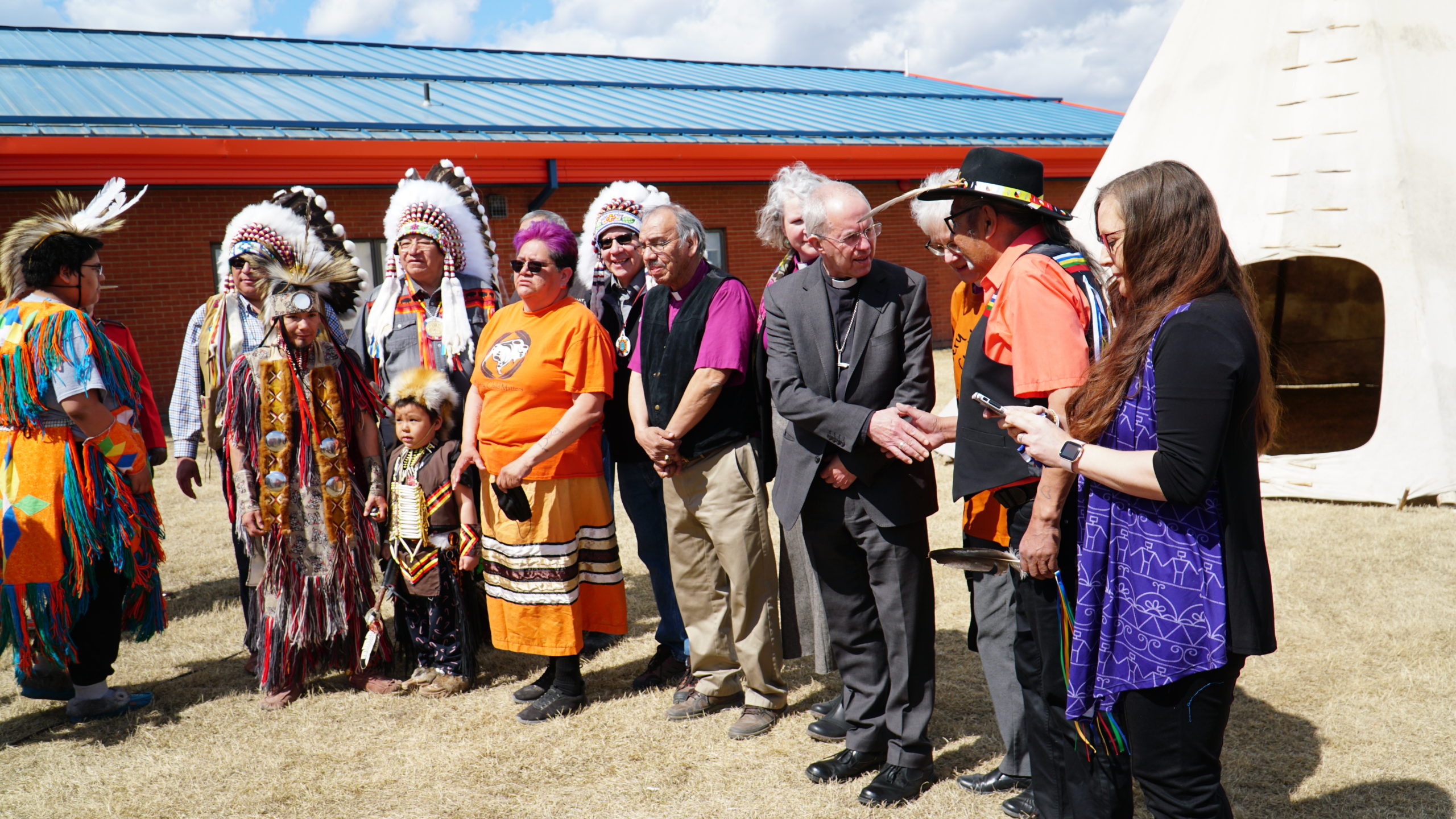The month of June marks National Indigenous History Month, and June 21 serves as both National Indigenous Peoples Day and, for Anglicans, the National Indigenous Day of Prayer.
In Niagara, we are working toward fuller expressions of gratitude, celebration, and reparation; most recently, we have released a new resource for developing and implementing territorial and land acknowledgements, which is simply one way of demonstrating our commitment to the Truth and Reconciliation Commission’s Calls to Action, as well as to the United Nations Declaration on the Rights of Indigenous Peoples.
All Canadians are called to recognize and celebrate the unique heritage, diverse cultures, and outstanding contributions of First Nations, Inuit, and Métis peoples. Christians, however, are particularly compelled to engage in reconciliation and to demonstrate the love Christ has shown all of us. We have often failed to do this, and have caused much harm. We seek to repent of this harm not simply through words, but actions; not simply in preaching the good news of Christ, but living it.
Our mission and vision in Niagara calls us to live out the Gospel-shaped mission of Christ as a church compelled to demonstrate love to all, and we must include reconciliation and engagement with Indigenous peoples as a key component to this work in the world.
During this month, we first encourage you to dedicate time to learning more about the rich and diverse cultures, voices, experiences, and histories of First Nations, Inuit, and Métis peoples. The Government of Canada has collated a number of helpful resources to do this, including opportunities to read about, listen to, and watch stories made by and about Indigenous peoples.
As Archdeacon Valerie Kerr, former Archdeacon of Truth, Reconciliation, and Indigenous Ministry, once reflected, “It is my prayer that we, in the Diocese of Niagara, continue to work, study, and learn together about our historic journey with the First Peoples of Canada and find even more ways of connecting, sharing and walking together in love.” We thus especially ask that you join with us in praying the Collect for the National Indigenous Day of Prayer:
For resources on Indigenous arts, culture, and heritage, visit the Crown-Indigenous Relations and Northern Affairs Canada website. For resources related to the National Indigenous Day of Prayer from General Synod, including liturgical guidance and prayers, visit the Anglican Church of Canada National Indigenous Day of Prayer website. Resources for the Diocese of Niagara are collected here.

Disability Theology and it’s Promise for our Church